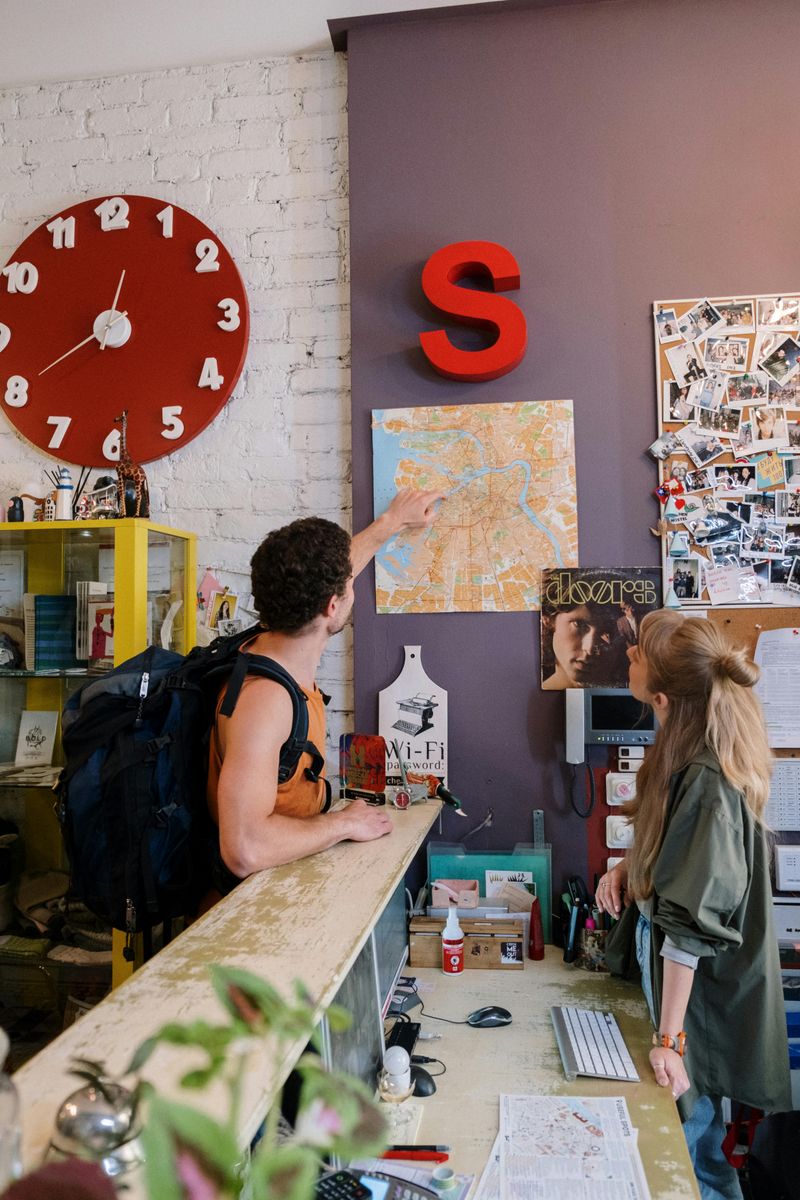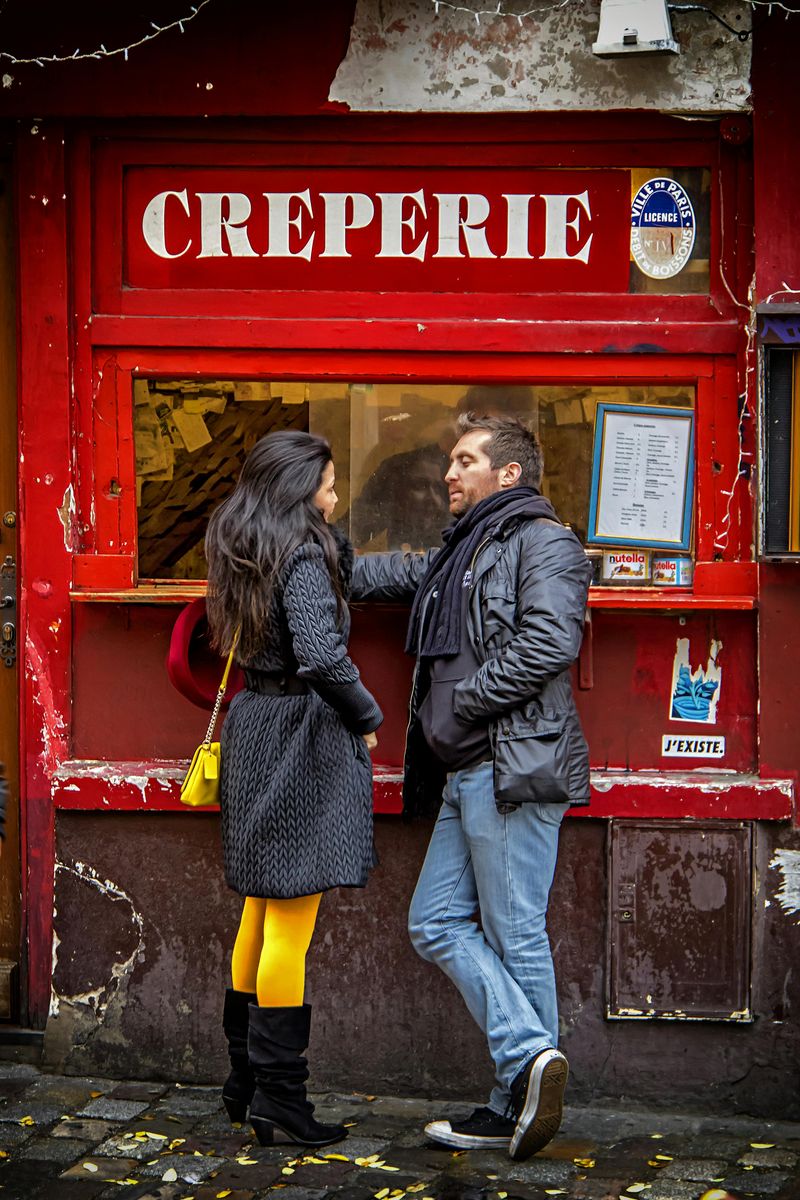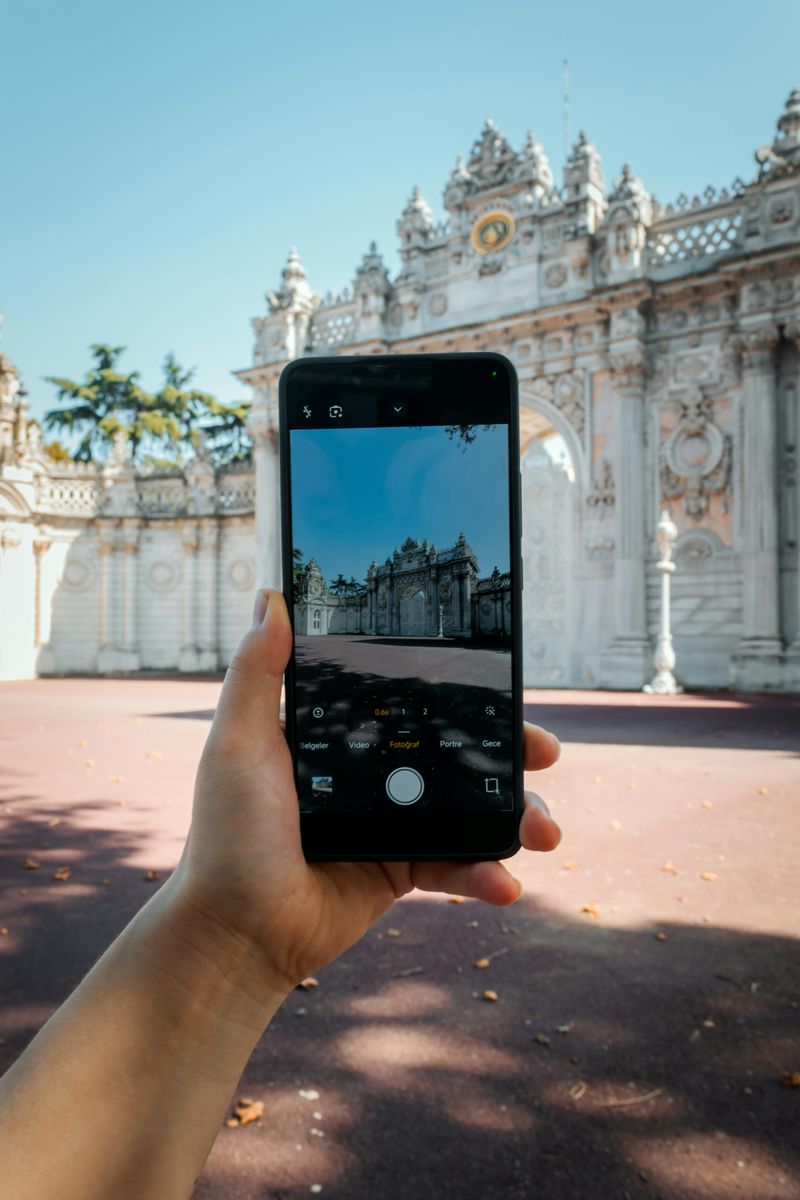13 Solo Travel Mistakes Even Experienced Travelers Still Make

Traveling alone is one of the most empowering experiences you can have—but it’s not without its hiccups. When you’re your own tour guide, travel agent, and safety net, even small oversights can snowball into big problems. The beauty of solo travel is that it teaches you fast—but wouldn’t it be nice to skip some of those lessons the hard way?
1. Overpacking “Just in Case”

Packing for every possible scenario often leads to travelers lugging around more than they can handle. Picture the regret when you realize you’ll be the one carrying it all. Experienced travelers should remember that less is more, especially when navigating unknown terrains.
Lightening your load can free up energy for exploration, allowing for a more enjoyable experience. Consider versatile clothing options and do laundry on the road if necessary. This helps in reducing the load without compromising comfort or style.
A smart strategy includes creating a packing list and sticking to it. Reassess the necessity of each item before it goes in the bag. By doing so, you’ll find yourself more nimble and less burdened, fully ready to embrace spontaneous adventures.
2. Not Sharing Their Itinerary With Anyone

Having an adventure-filled itinerary is exciting, but keeping it to yourself can be risky. Unexpected events can throw a wrench into your plans, leaving you vulnerable. Sharing your itinerary with a trusted friend or family member can provide peace of mind.
Consider the benefits of having someone know where you are and your next destination. In emergencies, this simple step could make all the difference. It ensures someone is aware if you encounter unexpected delays or changes.
Modern technology makes this easy. Use apps or emails to keep loved ones updated. This small precaution allows you to confidently explore, knowing help is just a call away if needed.
3. Ignoring Travel Insurance

The excitement of planning a trip can often overshadow the necessity of travel insurance. Many consider it an unnecessary expense, but a surprise injury or lost luggage can quickly change that perception.
Think of travel insurance as a safety net. It covers medical emergencies, trip cancellations, and even theft, allowing you to travel with confidence. Without it, a simple mishap can lead to substantial financial strain.
For peace of mind, investigate policies that fit your itinerary and budget. Remember, it’s better to have it and not need it than need it and not have it. This foresight can save you from stress and unexpected costs.
4. Being Too Trusting With Strangers

While meeting new people is part of the charm of solo travel, there’s a fine line between friendliness and naivety. It’s easy to get caught up in the excitement and overshare personal information with strangers.
Experienced travelers know to follow their instincts. Trust is earned, not given freely. Keep conversations light and avoid divulging too much about your whereabouts, especially to people you’ve just met.
Building connections is wonderful, but always prioritize your safety. Establish boundaries and be cautious with your belongings. This balance enables you to engage with the world meaningfully while staying guarded.
5. Failing to Research Local Customs and Laws

Not every gesture or behavior is received the same way across cultures. What seems normal at home might be considered offensive or even illegal in another country.
Understanding local customs enriches your travel experience and helps avoid accidental faux pas. This knowledge can also enhance your interactions with locals, showing respect for their traditions.
Take time to research cultural norms and legal restrictions before you go. Simple efforts, like learning a few key phrases or gestures, can go a long way in creating a positive impression and ensuring a smooth journey.
6. Relying Too Much on Technology

Technology makes travel easier, but over-reliance can leave you stranded when it fails. Imagine losing access to your digital maps or translation apps just when you need them most.
Seasoned travelers know the importance of having a contingency plan. Keep a hard copy of essential information like hotel addresses and emergency contacts. Understanding basic navigation without a GPS can also be a lifesaver.
Consider technology as a tool, not a crutch. Embrace moments of disconnect, and engage with your environment. This approach not only reduces stress but also enhances your travel experience.
7. Not Keeping Backup Payment Options

In a perfect world, your primary payment method works seamlessly. However, unexpected mishaps like a lost card or ATM malfunction can leave you in a bind.
Savvy travelers understand the value of having multiple payment options. Carry a mix of cards and some cash for emergencies. This ensures you’re not caught off guard when technology fails or unexpected fees arise.
Regularly check your accounts and have a financial backup plan. Consider notifying your bank of travel plans to avoid unnecessary blocks. Flexibility in payment methods can avert potential travel headaches.
8. Skipping the First-Night Accommodation Booking

The thrill of spontaneity can lead to stress without a guaranteed place to stay. Arriving in a new country and scrambling for accommodation can quickly dampen enthusiasm.
Experienced travelers often book at least the first night’s stay in advance. This decision provides a safe base to rest and regroup, setting a positive tone for the trip.
Once settled, you can explore your surroundings and decide your next steps. This initial planning reduces the stress of arrival and allows you to start your adventure refreshed and ready to explore.
9. Not Blending In

Standing out can make you more susceptible to scams and unwanted attention. Flashy attire and expensive gadgets may inadvertently signal vulnerability to opportunists.
To blend in, observe local fashion trends and adapt accordingly. Wear modest clothing and avoid displaying valuables. This approach not only enhances safety but also fosters a deeper cultural immersion.
Traveling like a local opens doors to authentic experiences. Embrace the language, cuisine, and customs, and you’ll find your journey more enriching and less stressful.
10. Avoiding Social Interaction Altogether

Traveling solo doesn’t mean isolating yourself completely. Some of the richest travel experiences come from interactions with others, be it locals or fellow travelers.
Avoid the temptation to remain isolated, as social interactions can offer fresh perspectives and unforgettable stories. Engaging with others can also lead to valuable tips and recommendations for exploring your destination.
Join group tours, attend local events, or simply strike up a conversation at a café. Embracing social opportunities enriches your journey and broadens your understanding of the world.
11. Neglecting Personal Safety Habits

Excitement can overshadow common sense, leading to risky decisions like walking alone at night or ignoring gut feelings. Safety should always be a priority, regardless of how safe a destination seems.
Simple habits, like keeping an eye on your belongings and staying aware of your surroundings, can prevent potential issues. Trust your intuition, and don’t hesitate to remove yourself from uncomfortable situations.
Educate yourself on common safety practices in your destination. This preparation allows you to explore confidently while minimizing risk, ensuring your adventure remains enjoyable and secure.
12. Not Budgeting for “Hidden” Costs

Visa fees, transportation, and city taxes can quickly add up, catching travelers off guard. These “hidden” costs often sneak into travel plans, stretching budgets thin.
Wise travelers set aside a contingency fund to cover such expenses. Research potential fees beforehand to include them in your budget accurately. This foresight prevents financial stress during your trip.
Consider all aspects of your itinerary and prepare for unexpected expenses. Budget flexibility allows you to enjoy your travels without constantly worrying about finances.
13. Trying to Do Too Much

The temptation to see and do everything can lead to burnout. Packing your schedule too tightly leaves little room for relaxation or unplanned discoveries.
Experienced travelers know the value of downtime. Allow for spontaneous exploration and moments of rest. This balance ensures you return home refreshed, not exhausted.
Crafting a flexible itinerary allows for adjustments based on your interests and energy levels. Remember, quality experiences often outweigh quantity, and the joy of travel lies in the journey itself.

Comments
Loading…